As a condition for reviving the Black Sea Initiative, Russia has asked the European Union (EU) to reconnect its Agricultural Bank (Rosselkhozbank) to the Global Payments Information System (SWIFT).
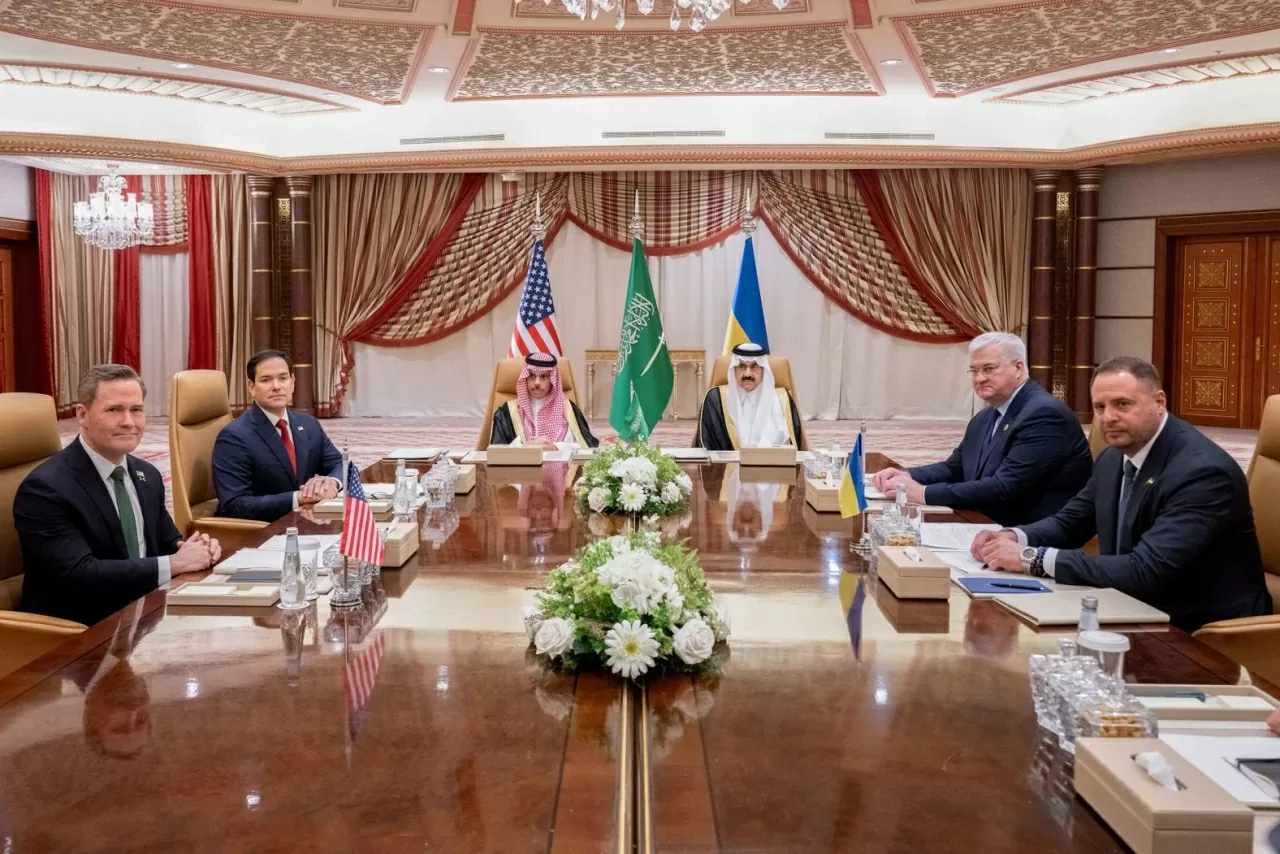 |
| US Secretary of State Marco Rubio (second from left) with National Security Adviser Mike Waltz during a meeting with Ukrainian Foreign Minister Andrii Sybiha (second from right) and Andriy Yermak, Chief of Staff to Ukrainian President Volodymyr Zelensky, in Jeddah, Saudi Arabia, March 11. (Source: Reuters) |
US Secretary of State Marco Rubio has spent recent weeks telling EU officials, who are angry about being excluded from ongoing talks aimed at ending the Russia-Ukraine conflict, that they will be invited to the table when discussing the future of sanctions.
That invitation could come sooner than the 27-nation bloc expected.
Russian request
After the latest round of talks in Saudi Arabia, the US announced that Russia and Ukraine had committed to a partial ceasefire over "energy facilities", but fell short of the comprehensive ceasefire that US President Donald Trump had been pushing for.
The parties also agreed to "ensure maritime safety, eliminate the use of force and prevent the use of commercial vessels for military purposes in the Black Sea".
The announcements released by the White House listed the main points of the agreement in broad terms, without any footnotes or technical details.
However, Moscow was quick to detail its list of demands. In its own statement, the Kremlin added five paragraphs of conditions that must be met before the Black Sea Initiative is revived.
The conditions call for the lifting of sanctions and restrictions that Russia says are restricting its exports of food and fertilizer products around the world, including agricultural machinery and cargo insurance.
The most notable requirement is that the Russian Agricultural Bank (Rosselkhozbank) and “other financial institutions” involved in agricultural trade be reconnected to the SWIFT system.
Founded in 1973, SWIFT now links more than 11,000 organizations in more than 200 countries. Nearly 50 million financial messages are sent through the system every day.
This is where the EU comes in: SWIFT is headquartered in Belgium, so it is subject to the union's laws and, importantly, to the bloc's sanctions.
US response
Until February 24, 2022, when Russia launched its special military operation in Ukraine, SWIFT was largely unknown outside of the financial sector. But after the conflict broke out, the name quickly became known internationally.
Kiev began calling for the expulsion of Russian banks from SWIFT. Under such pressure, on March 2, 2022, the EU decided to expel 7 Russian banks from SWIFT.
By June 2022, the 27-member bloc had agreed to disconnect from SWIFT with three other banks: Sberbank (Russia's largest bank), Credit Bank of Moscow and Rosselkhozbank.
The European Commission (EC) explained the decision: "These banks are crucial to Russia's financial system and its ability to continue conducting military operations. Disconnecting them will strengthen the isolation of Moscow's financial sector from the global system."
Rosselkhozbank is a state-owned bank that provides a range of financial services and products to agricultural and food companies, providing a vital source of revenue for Russia through the sale of commodities such as wheat, barley and corn globally.
Although the EU has never sanctioned Russian agricultural exports, instead imposing high tariffs, the restrictions on Rosselkhozbank have created obstacles to payments between exporters and importers. The EU’s move has displeased the Kremlin, leading to the collapse of the Black Sea Initiative, originally promoted by Türkiye and the United Nations.
This explains why Russian President Vladimir Putin believes that his counterpart Trump has listened, so the Kremlin boss seized the opportunity to once again ask the EU to reconnect Rosselkhozbank with SWIFT.
However, the White House statement did not repeat the Kremlin's condition, simply saying that the US would help Russia restore "access to world markets for agricultural and fertilizer exports, reduce the cost of marine insurance, and enhance access to ports and payment systems for such transactions."
The final part of the White House announcement – “the payment system for such transactions” – could be a reference to SWIFT. However, this decision was not made by Mr Trump, as SWIFT falls under the jurisdiction of the EU.
When asked to clarify the notice, the US State Department declined to comment.
Speaking to reporters, President Trump said his team would "look at" the conditions put forward by the Kremlin. "We're looking at all of them. There's about five or six. We're looking at all of them," he said.
What will the EU do?
President Putin's demands put the EU in a difficult position.
If the bloc rejects the call, it risks angering Mr Trump. On the other hand, if it accepts the call and eases sanctions, it risks appearing soft and “manageable”, an attitude that Moscow could use to exert pressure.
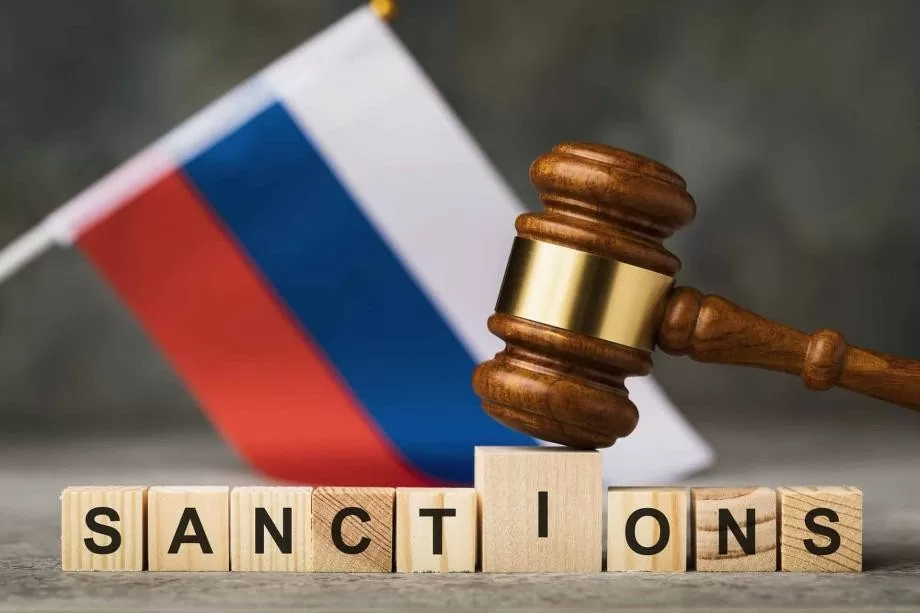 |
| Under EU rules, sanctions against Russia need to be extended every six months with the agreement of the bloc as a whole, meaning that even a single member state's disagreement could derail the process. (Source: Globsec) |
Easing sanctions would also be at odds with the stance of Ukrainian President Volodymyr Zelensky, who has called for the West to increase sanctions pressure on Moscow.
Earlier, during a visit to Kiev to mark the third anniversary of the conflict, EC President Ursula von der Leyen said the bloc would only begin lifting sanctions after seeing Moscow take "concrete steps" towards a lasting solution.
“What we see is that the sanctions have had a major impact on the Russian economy,” von der Leyen said, citing “skyrocketing inflation” and “skyrocketing interest rates”.
Demand for sanctions relief is low among diplomats. The sanctions have been meticulously crafted across 16 packages, an unprecedented feat. It is not easy for the EU to dismantle such a complex structure with a single stroke of a pen.
France said the question surrounding sanctions was “certainly not” about lifting them but about tightening them if Moscow did not agree to an unconditional ceasefire that Kiev had accepted in talks with Washington.
"Of course, the Russians can always link a ceasefire to the lifting of some sanctions," the Élysée said. "But for us, as long as Russia does not stop its military campaign because it has not reached a peace agreement, has not provided guarantees to Kiev and has not paid reparations, sanctions will always be a necessary tool to put pressure on Moscow."
Under EU rules, sanctions against Russia must be extended every six months by consensus, meaning that a single member state’s disagreement could derail the process. Since Trump took office in January 2025, Hungary, a critic of the sanctions, has twice threatened to block the extension and could do so again when the sectoral restrictions are debated on July 31.
“The EU sanctions on individuals are maintained because US Secretary of State Marco Rubio pressured Hungary to agree,” said Maria Shagina, senior fellow at the International Institute for Strategic Studies (IISS).
While EU approval is needed to reconnect Rosselkhozbank to SWIFT, the US could choose, as an alternative, to send a “signal” that those who conduct transactions with the bank will not face legal consequences, Shagina explained.
Meanwhile, Jan Dunin-Wasowicz, a partner at Bennink Dunin-Wasowicz who advises on economic sanctions compliance, said Russia's request to reconnect to SWIFT appeared designed to test Washington and the EU at the same time.
“Whether that specific request is made to the EU is the question. It doesn’t seem like the bloc is part of that discussion at the moment,” said Dunin-Wasowicz.
It is clear that Moscow’s request to the Trump administration could be an attempt to pressure Washington into easing the EU’s sanctions. Ultimately, this could test the EU’s resolve to maintain its sanctions policy.
Source: https://baoquocte.vn/dam-phan-hoa-binh-o-ukraine-nga-tren-co-khi-yeu-cau-noi-long-lenh-trung-phat-my-lap-lung-eu-roi-vao-the-kho-308958.html



![[Photo] President Luong Cuong attends the National Ceremony to honor Uncle Ho's Good Children](https://vphoto.vietnam.vn/thumb/1200x675/vietnam/resource/IMAGE/2025/5/15/9defa1e6e3e743f59a79f667b0b6b3db)


![[Photo] Prime Minister Pham Minh Chinh receives Country Director of the World Bank Regional Office for Vietnam, Laos, Cambodia](https://vphoto.vietnam.vn/thumb/1200x675/vietnam/resource/IMAGE/2025/5/15/2c7898852fa74a67a7d39e601e287d48)
![[Photo] In May, lotus flowers bloom in President Ho Chi Minh's hometown](https://vphoto.vietnam.vn/thumb/1200x675/vietnam/resource/IMAGE/2025/5/15/aed19c8fa5ef410ea0099d9ecf34d2ad)
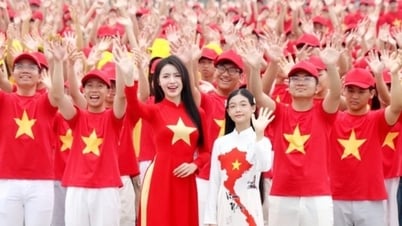

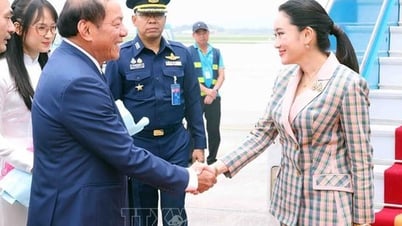


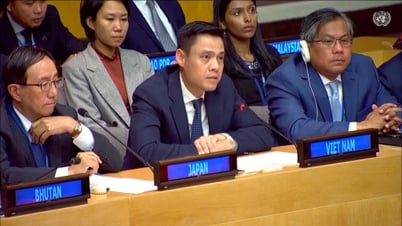
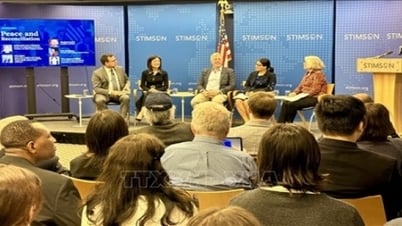
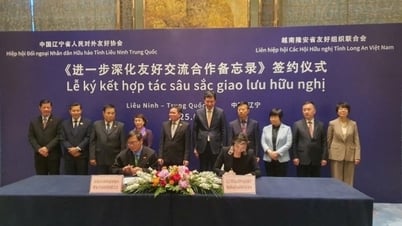




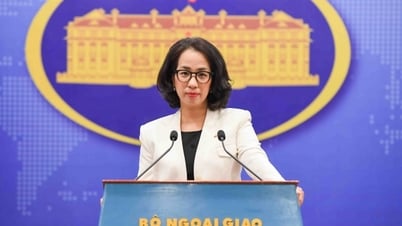












































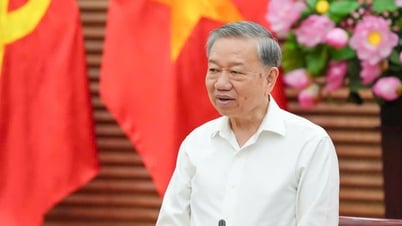




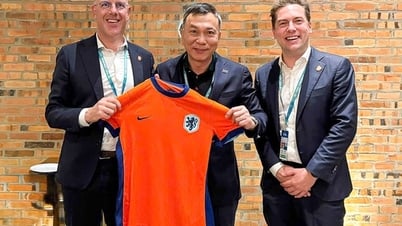


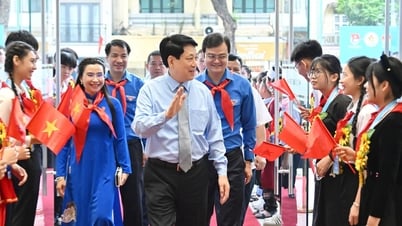

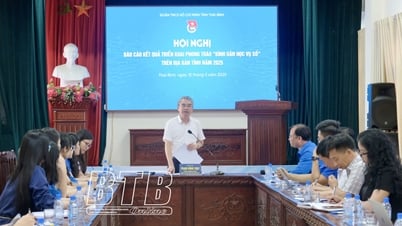







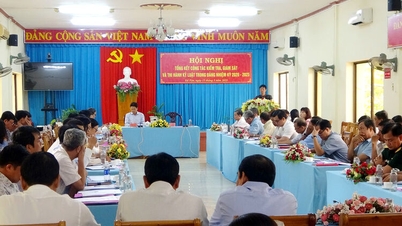

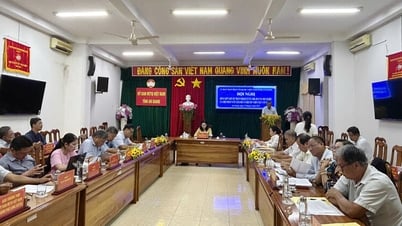










Comment (0)